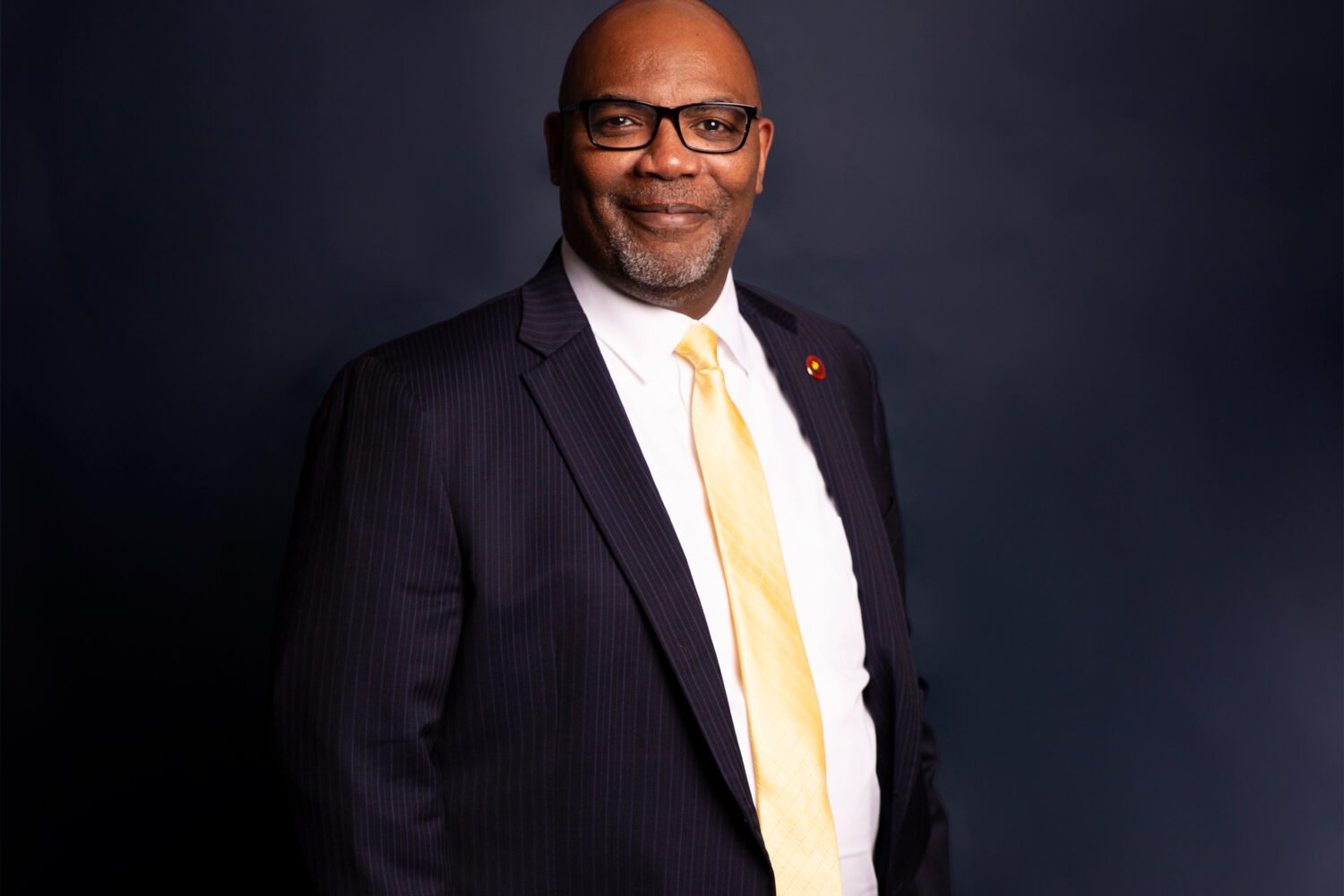In October 2014, when Rabbi Barry Freundel‘s dirty secret hit the news, playwright A.J. Campbell was glued to the coverage, like most everyone in Washington.
Freundel had achieved a level of fame unrivaled by other rabbis in the region, specifically for his work as head of the Rabbinical Council’s conversion committee. In fact, hopeful converts from all over the country—particularly young women—flocked to Kesher Israel for a chance to move through the process under his guidance. What they didn’t know is that he was taking advantage of them. Freundel had set up hidden cameras in the showers where women bathed before taking the ceremonious dip in the Mikvah, the final step necessary to be welcomed into the Jewish faith.
As the details of the scandal were revealed through heartbreaking victim testimonies, Campbell collected the pieces. She found the story to be a microcosm of larger issues: powerful men using their position to exploit women, sexism within organized religion, and the vulnerability of Jewish converts. In her play “Constructive Fictions,” which is in this year’s Capital Fringe Festival, she touches on all of these.
The play takes place in Freundel’s jail cell, where he is visited by four women representing his victims: Rachel, Sarah, Rebecca, and Leah (the four biblical matriarchs). Freundel is forced to relive his wrongdoings, to explain himself to his victims, and to contemplate how he fell so far down from his high and mighty position behind the bimah.
I had a chance to speak with Campbell to hear about her inspiration and creative process.
What initially inspired you to tackle this subject?
I was fascinated with the story like most people. I kept asking myself, How does a man like this blow up his entire life? I could not get away from that question. I imagined him in his DC jail cell revisiting conversations with some of his victims and thinking about his glory days, so the play focuses on that. I thought he should be forced to listen to his victims’ stories and their anger—he should be forced to tell them why he did it.
Since you didn’t get to speak with Freundel, how did you go about creating his side of the story?
At the core of who he is, Freundel cares about who is a jew. That’s why he had all these converts. So I figured that at some point, something happened, and he convinced himself, his own little constructive fiction, that he needed to check on them in the Mikvah. And then after that, I suppose he got a taste for the power and the intimacy of it—the ability to do what he wasn’t supposed to do (because a Jewish man is in no way allowed to look at a woman who is not his wife). I knew that much, and I also had access to the court documents with the victims’ stories. I was able to watch his reactions during the sentencing, and I could tell he was pretty miserable at that point.
How do you think “Constructive Fictions” renders this old story in a new light?
The scandal initially came out in such small pieces. So when you put it all together (and with the passage of time), you get to look at it and find new truths in it. Specifically, the way the synagogue dealt with it afterward was phenomenal; it would have been easy to sweep this thing under the rug, and they didn’t. Also, there is a lot of talk about conversion in Israel right now, about how we decide who is a Jew and who isn’t. If you look at the current peer-reviewed research on religion, Judaism is at a crossroads, I think. And all these issues sort of come to play (no pun intended!) in the story. They were relevant when the story broke, and they’re relevant now. These are complex issues, and if a play like mine can do anything, it can examine a complex issue in human terms.
One idea you touch on in the play is forgiveness. Freundel says that he’s asked for forgiveness, and if the victims choose not to give him that, then that’s their problem. Why did you include this?
In Judaism, forgiveness is a large and important theme. Freundel had submitted an apology letter to the court, which was published, but it wasn’t heartfelt. It was in the passive voice, and it sounded like it was written by a lawyer. One of the reasons I wrote the play is because he never explained himself—and for you to be truly asking for forgiveness, you have to explain why you did it. The other person has to understand the path that brought you there, and why now you’ve changed. I have Freundel speaking a lot in the play because I think he still needs to explain himself. So in the absence of his explanation, I’ve created my own idea of why he did it based on the themes that dominated his life.
What is most concerning to you about stories like Freundel’s?
In the play, the character of Sarah says, “He’s going to get out, and then what?” How many people have we seen, public figures, say “I’m so sorry,” do the apology tour, and expect to find another home in society? The concerning part is that we have to deal with what happens after these people get out of jail, whether or not they regret what they did. Here in DC, we’ve had “Imagining Madoff” about Bernie Madoff and “The Originalist” about Scalia, so DC is a fertile market for this kind of story because we like hearing about real life.
This interview has been edited and condensed for clarity.



















